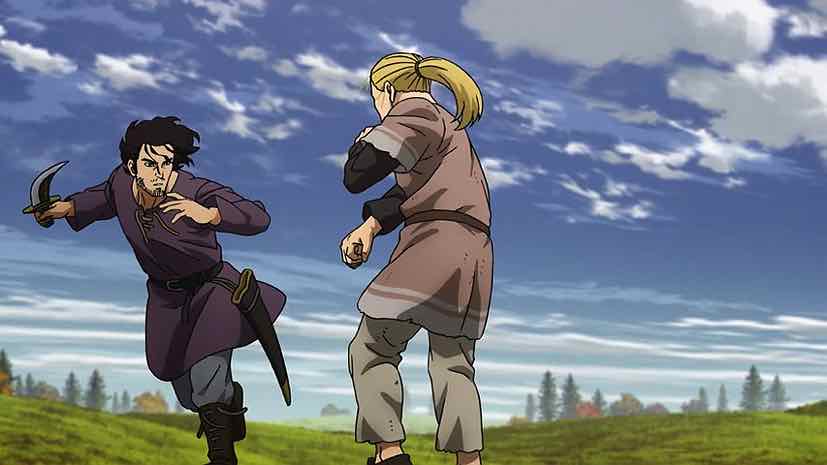 Vinland Saga is no stranger to greatness, but this has surely been one of the greatest stretches in its anime history. There hasn’t been a lot of action this season (something Yukimura Makoto bemoans in self-deprecating fashion), and we certainly got a taste of some here. But mostly this was about bringing the Gardar-Arnheid tragedy to a conclusion. For him, anyway – its repercussions are certainly only starting for the survivors. Slavery isn’t just a tragedy, it’s a cycle of tragedy – and it’s not the only one Yukimura is bemoaning here.
Vinland Saga is no stranger to greatness, but this has surely been one of the greatest stretches in its anime history. There hasn’t been a lot of action this season (something Yukimura Makoto bemoans in self-deprecating fashion), and we certainly got a taste of some here. But mostly this was about bringing the Gardar-Arnheid tragedy to a conclusion. For him, anyway – its repercussions are certainly only starting for the survivors. Slavery isn’t just a tragedy, it’s a cycle of tragedy – and it’s not the only one Yukimura is bemoaning here.
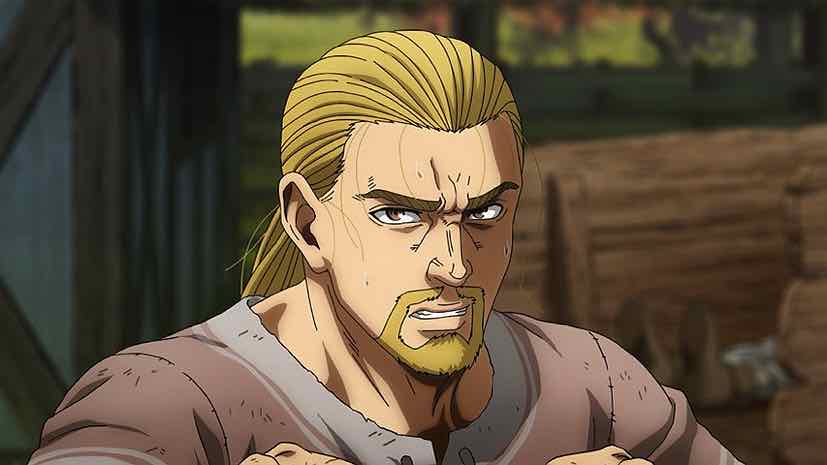 In truth, this was one of those “speaks for itself” episodes, pretty much. In contrast to the week’s (and season’s) other best efforts, BokuYaba and Tengoku Daimakyou, I barely have any notes on my page. Yukimura has already laid out the underpinnings of this arc, what it means in the larger story. And there was really no suspense about how it would end, only about how it would get there. Once the theatrics in the A-part were out of the way (and they were pretty spectacular), it all amounted to a dream sequence – Gardar’s dying dream – set to Yamada Yutaka’s gorgeous piano score.
In truth, this was one of those “speaks for itself” episodes, pretty much. In contrast to the week’s (and season’s) other best efforts, BokuYaba and Tengoku Daimakyou, I barely have any notes on my page. Yukimura has already laid out the underpinnings of this arc, what it means in the larger story. And there was really no suspense about how it would end, only about how it would get there. Once the theatrics in the A-part were out of the way (and they were pretty spectacular), it all amounted to a dream sequence – Gardar’s dying dream – set to Yamada Yutaka’s gorgeous piano score.
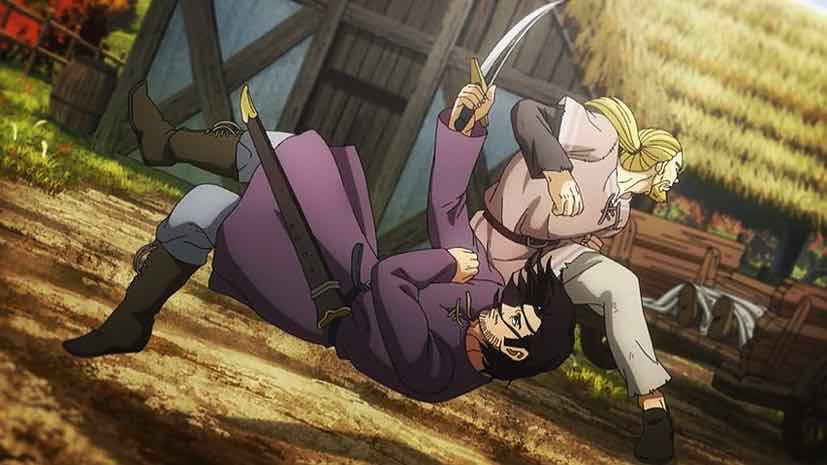 Snake vs. Thorfinn was one hell of an undercard, though, that’s for sure. Snake refers to himself as a “warrior of Miklagard” – the Viking name for Constantinople (it means “Great City”). Presumably that means he was a member of the Varandian guard (thus explaining the scimitar), the elite unit of the Byzantine imperial army comprised mostly of Norsemen. He also says he and his men “can’t show their faces” because of things they’ve done in the past – the details of which are left for another time, or left out period. For the moment it’s a matter of survival against Thorfinn, whom Snake recognizes is a formidable opponent even fighting unarmed.
Snake vs. Thorfinn was one hell of an undercard, though, that’s for sure. Snake refers to himself as a “warrior of Miklagard” – the Viking name for Constantinople (it means “Great City”). Presumably that means he was a member of the Varandian guard (thus explaining the scimitar), the elite unit of the Byzantine imperial army comprised mostly of Norsemen. He also says he and his men “can’t show their faces” because of things they’ve done in the past – the details of which are left for another time, or left out period. For the moment it’s a matter of survival against Thorfinn, whom Snake recognizes is a formidable opponent even fighting unarmed.
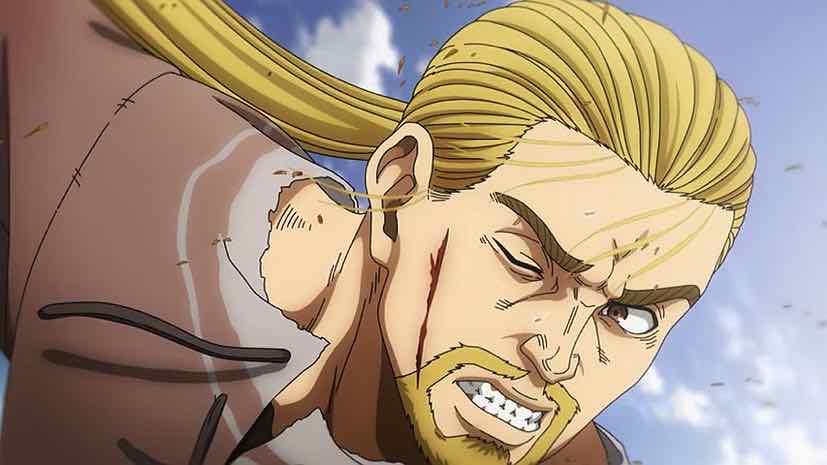 Thorfinn made his choice – he fought because he had no alternative, though I don’t think he would have gone so far as killing Snake. Snake certainly would have killed him, and isn’t much interested in Arnheid’s please to spare Gardar’s life. Whatever crimes he committed in the past Snake certainly makes a lot of noise about honor now – as if it’s a life preserver he’s clinging to. He can’t subdue Thorfinn but he does shrewdly fight his way between Thorfinn and the cart. He then does what he’s promised to do, deliver a killing blow in the name of so-called honor (though it takes a while to do the job).
Thorfinn made his choice – he fought because he had no alternative, though I don’t think he would have gone so far as killing Snake. Snake certainly would have killed him, and isn’t much interested in Arnheid’s please to spare Gardar’s life. Whatever crimes he committed in the past Snake certainly makes a lot of noise about honor now – as if it’s a life preserver he’s clinging to. He can’t subdue Thorfinn but he does shrewdly fight his way between Thorfinn and the cart. He then does what he’s promised to do, deliver a killing blow in the name of so-called honor (though it takes a while to do the job).
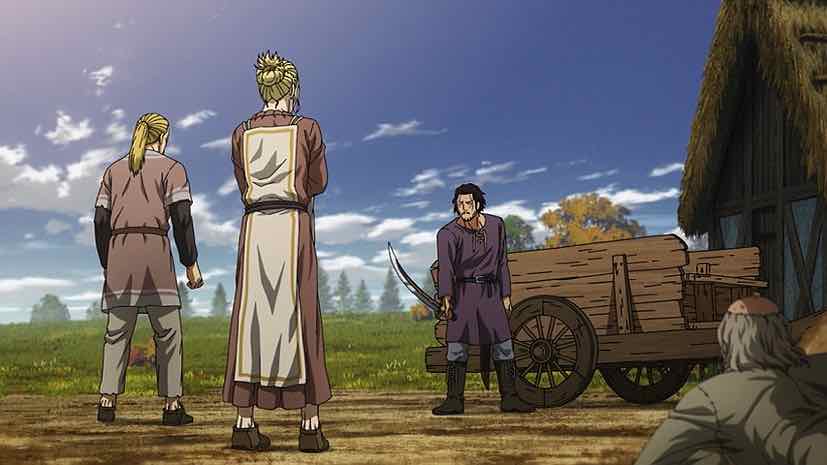 Snake was, in the end, nothing more than a scoundrel and an oppressor – he just happens to be an exceptionally smart, talented, and interesting one. And he would have died right here if Thorfinn and Arnheid hadn’t intervened on his behalf. I don’t know if Gardar would have survived had he suffered no additional injuries – it seemed as if his rage was all that was keeping him alive. But his fate was certainly sealed when he and Arnheid took off in Sverkel’s cart, with the old man’s blessing. Arnheid knew this, surely – that’s why she told him the lie she did about Hjalti, their son. Thorfinn tried to reason with her, but he wasn’t about to deny her this doomed course, if that was her choice.
Snake was, in the end, nothing more than a scoundrel and an oppressor – he just happens to be an exceptionally smart, talented, and interesting one. And he would have died right here if Thorfinn and Arnheid hadn’t intervened on his behalf. I don’t know if Gardar would have survived had he suffered no additional injuries – it seemed as if his rage was all that was keeping him alive. But his fate was certainly sealed when he and Arnheid took off in Sverkel’s cart, with the old man’s blessing. Arnheid knew this, surely – that’s why she told him the lie she did about Hjalti, their son. Thorfinn tried to reason with her, but he wasn’t about to deny her this doomed course, if that was her choice.
 “Honor and wealth”, indeed. Gardar’s visions reveal that he understood the nature of the mistakes he made – mistakes which couldn’t be undone. Maybe Thorfinn will get a second chance in life, but Gardar was never going to get out of this alive. The hardest of all is to break free of the traps the world sets for you – your upbringing, your customs, your lot in life. This culture in this time were all slaves, in a sense – if not literally, than to the mythology they created. It’s a harsh reminder of the sheer audacity of what Thorfinn dreams of doing, and the overwhelming odds stacked against him.
“Honor and wealth”, indeed. Gardar’s visions reveal that he understood the nature of the mistakes he made – mistakes which couldn’t be undone. Maybe Thorfinn will get a second chance in life, but Gardar was never going to get out of this alive. The hardest of all is to break free of the traps the world sets for you – your upbringing, your customs, your lot in life. This culture in this time were all slaves, in a sense – if not literally, than to the mythology they created. It’s a harsh reminder of the sheer audacity of what Thorfinn dreams of doing, and the overwhelming odds stacked against him.
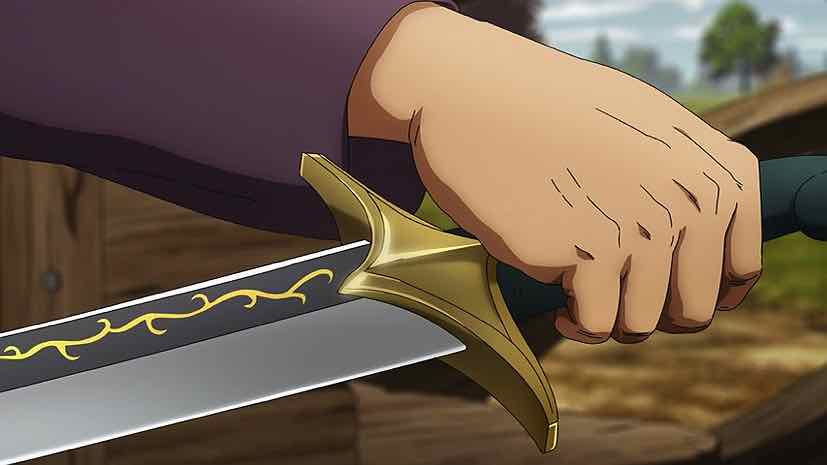 As for what happens next, the prospects certainly don’t appear to be good. Arnheid, Thorfinn, and Einar have all aided and abetted a runaway slave who killed free men. They took that on themselves knowingly, but that doesn’t temper the danger they’re in now. Normally their fate would be Ketil’s to decide, but I don’t know if Snake will be in the mood to wait that long. And when Ketil and his party do return, they’ll do so with the king’s army hot on their heels, which will presumably be their main concern. Does Ketil know that Arnheid is bearing his child – and would it make a difference if he did?
As for what happens next, the prospects certainly don’t appear to be good. Arnheid, Thorfinn, and Einar have all aided and abetted a runaway slave who killed free men. They took that on themselves knowingly, but that doesn’t temper the danger they’re in now. Normally their fate would be Ketil’s to decide, but I don’t know if Snake will be in the mood to wait that long. And when Ketil and his party do return, they’ll do so with the king’s army hot on their heels, which will presumably be their main concern. Does Ketil know that Arnheid is bearing his child – and would it make a difference if he did?


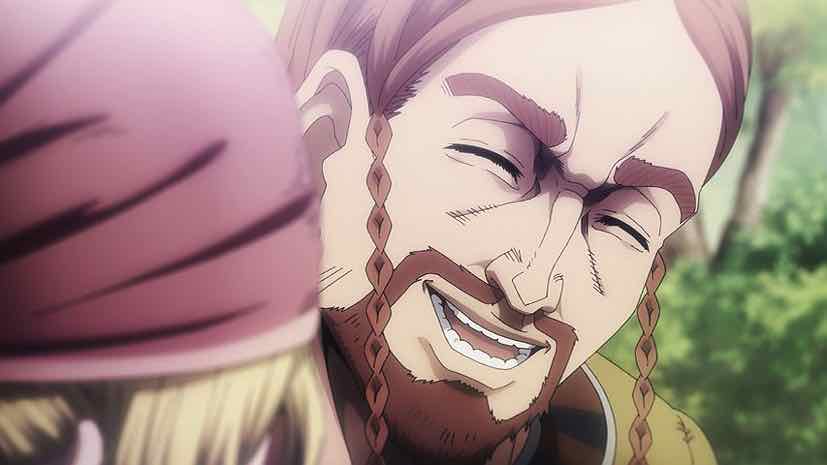
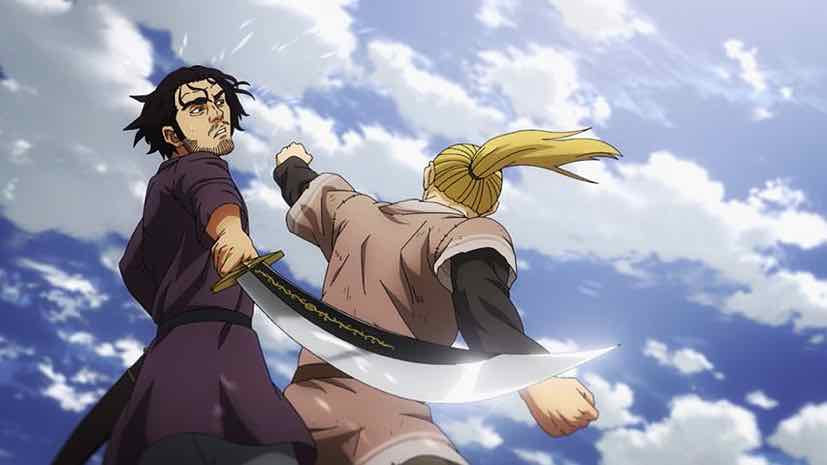

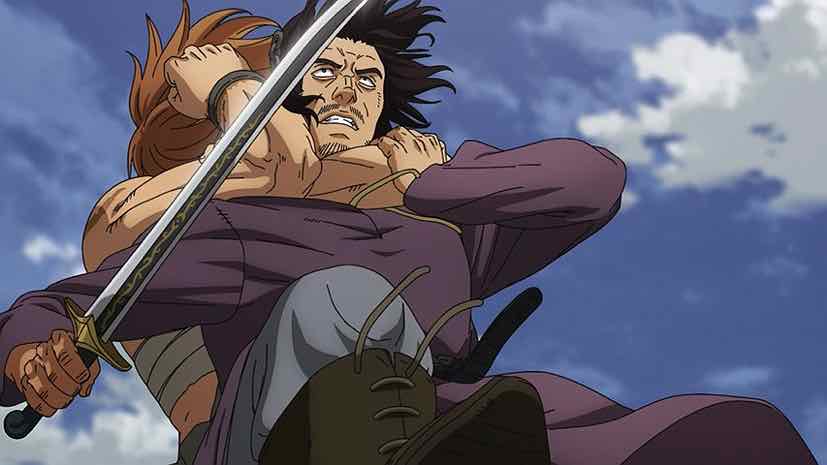
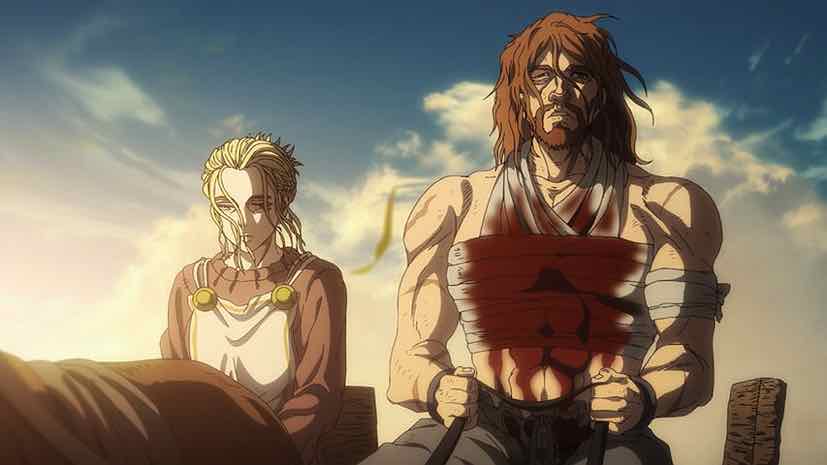
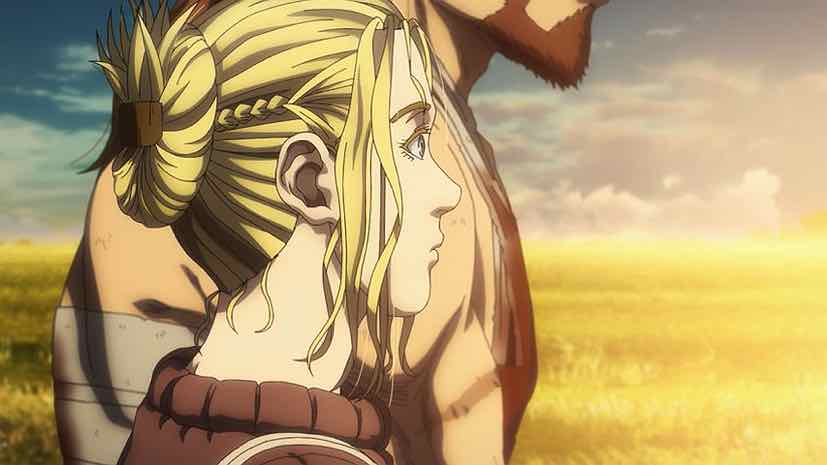

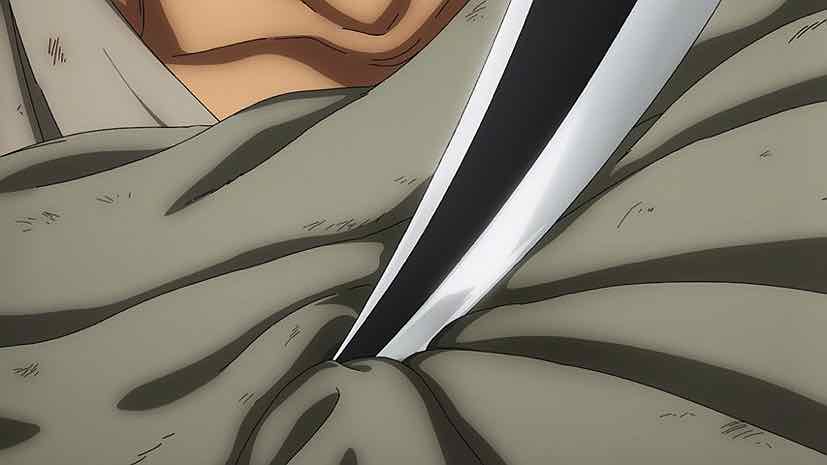

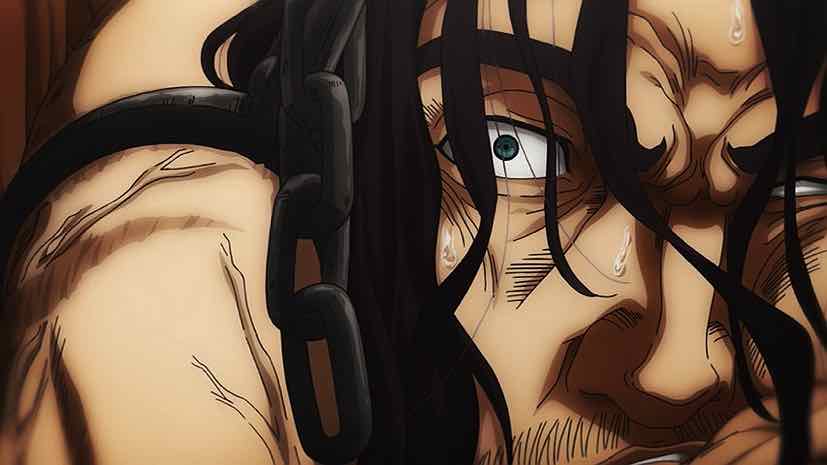
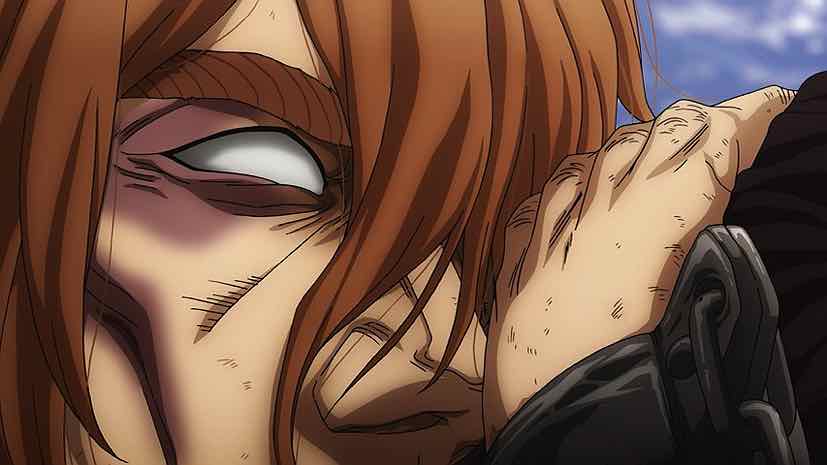
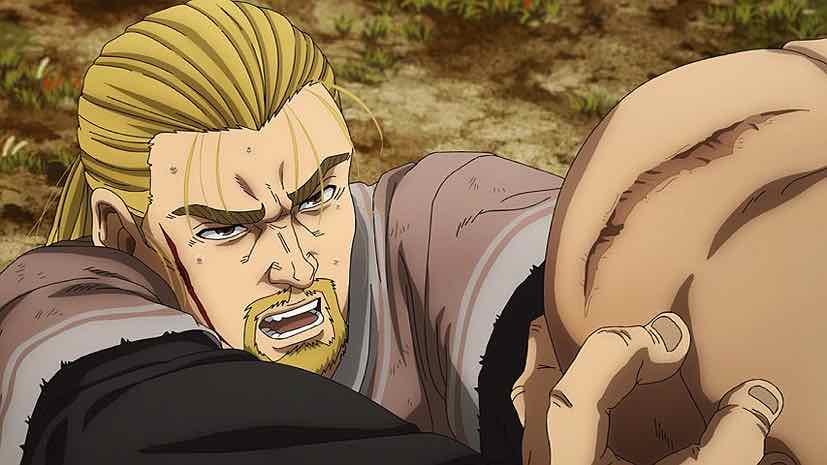
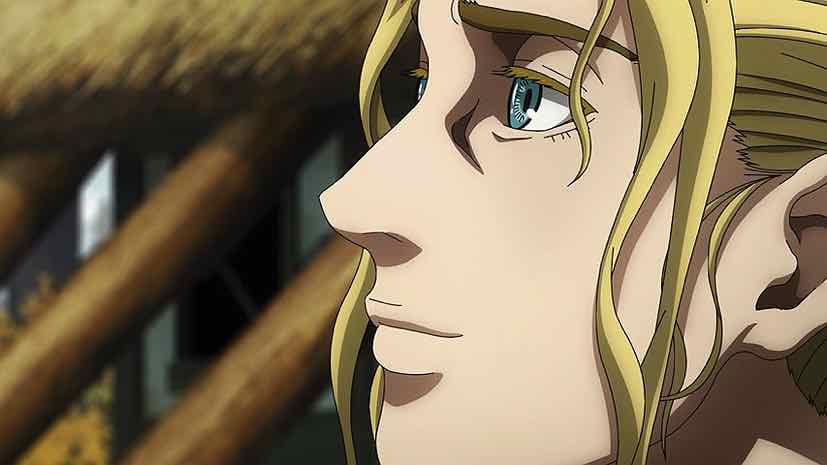
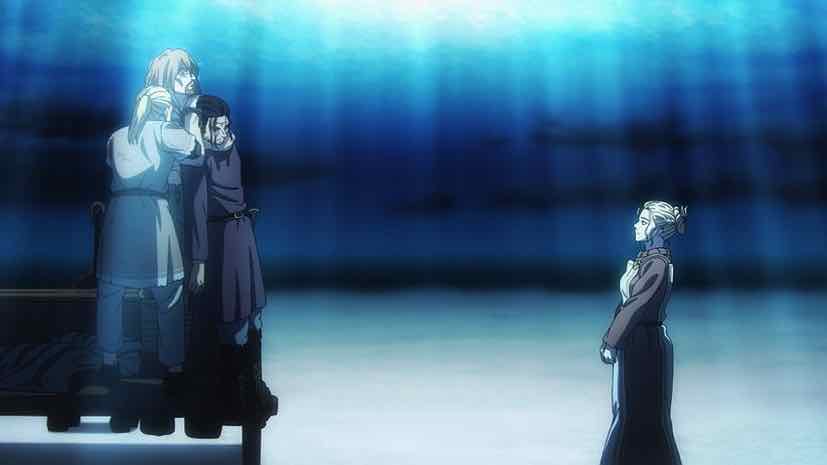
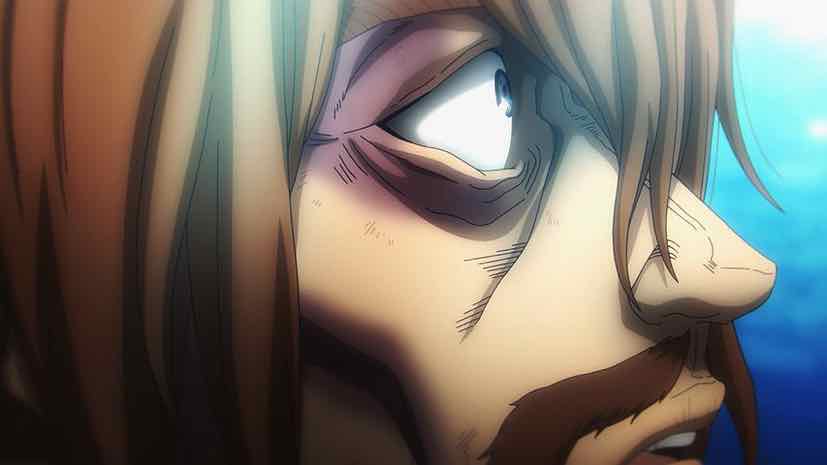
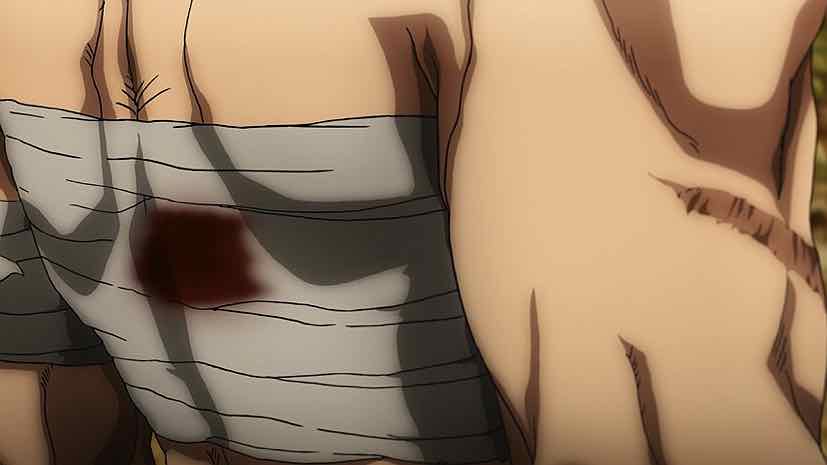
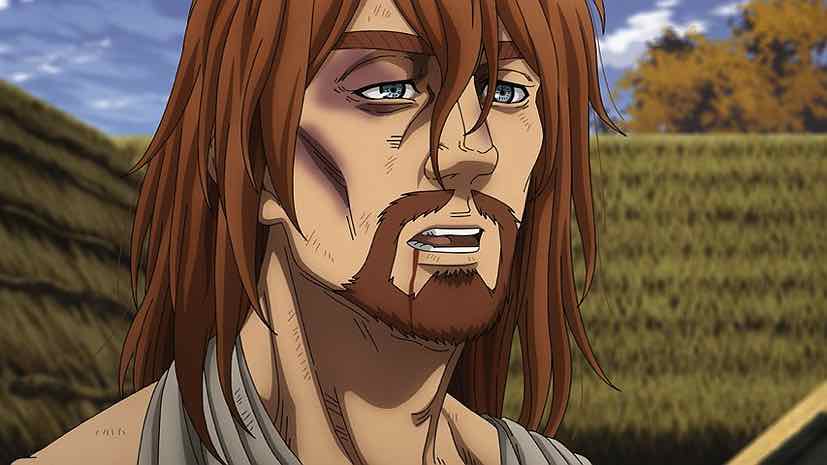
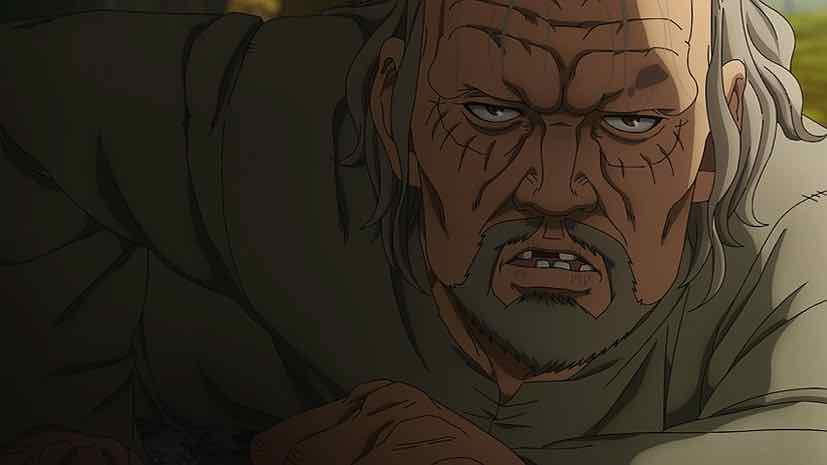
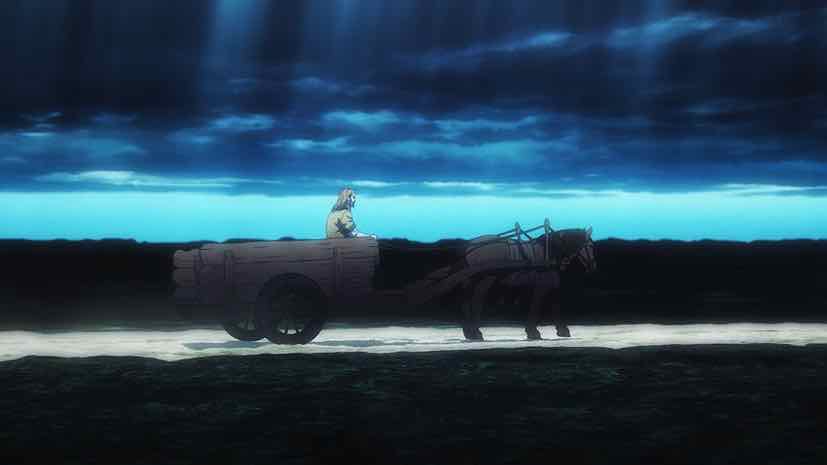
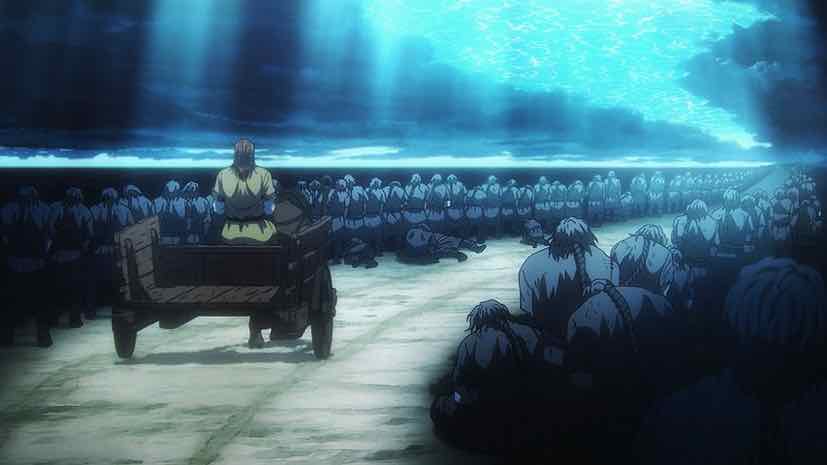
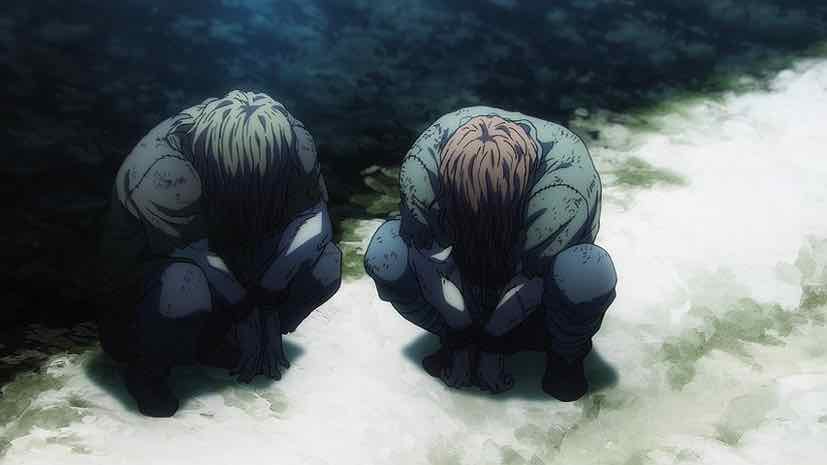
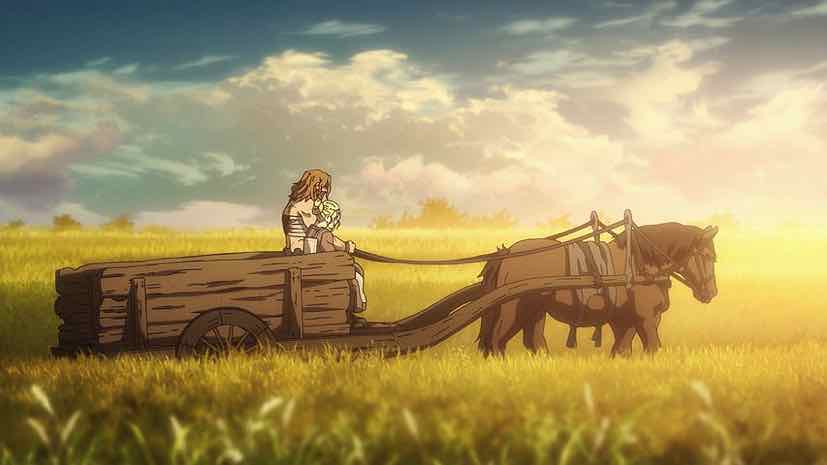
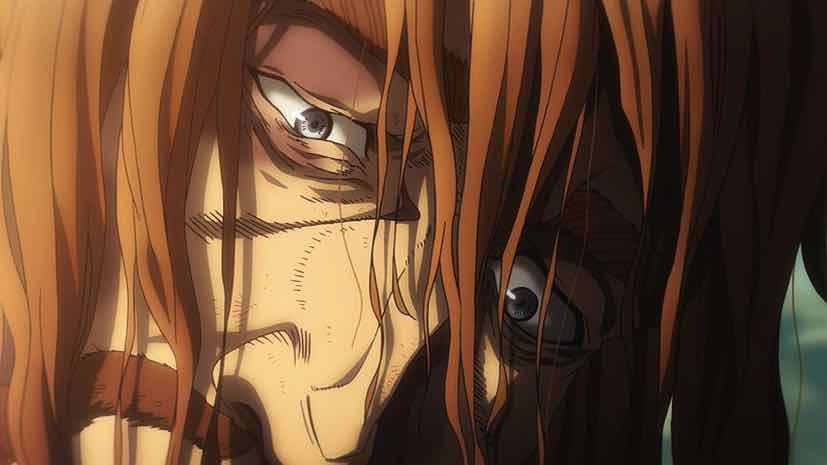
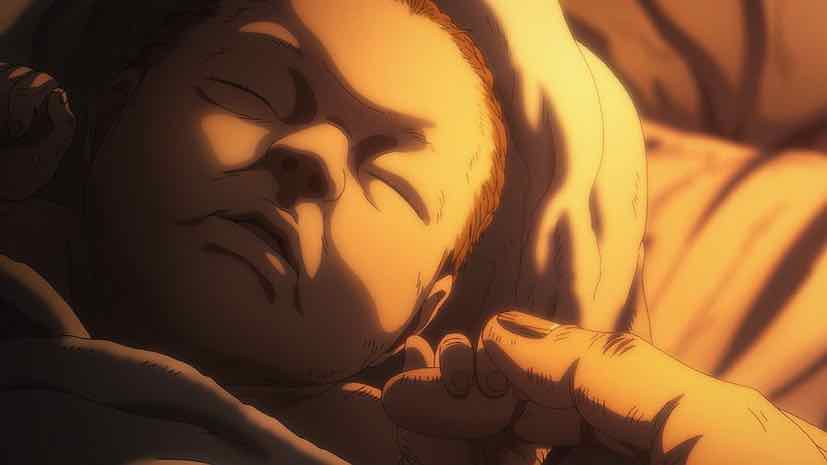
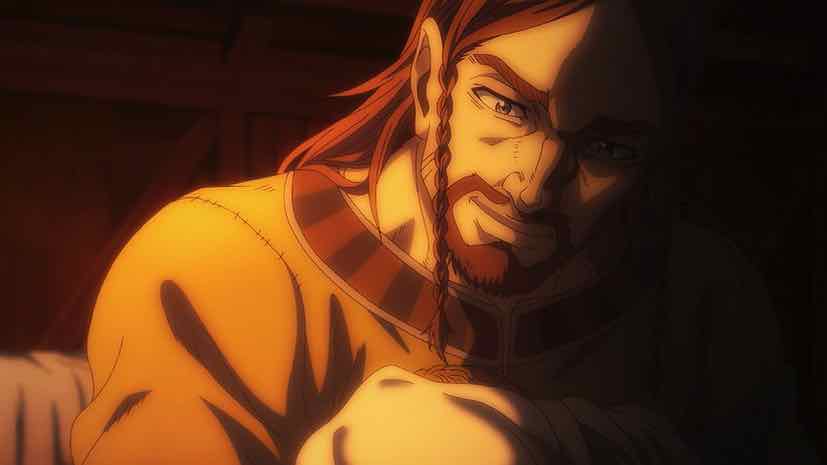

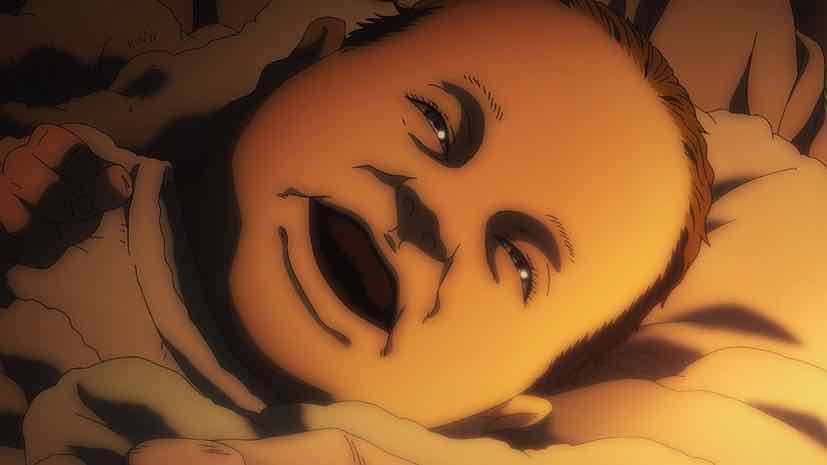
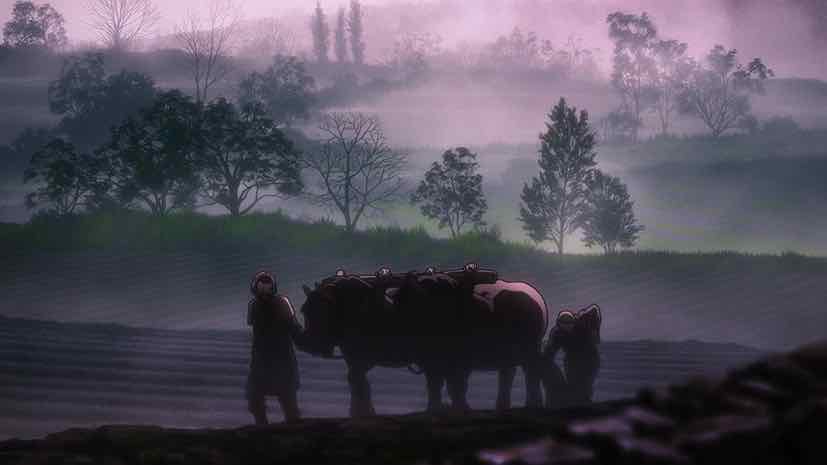
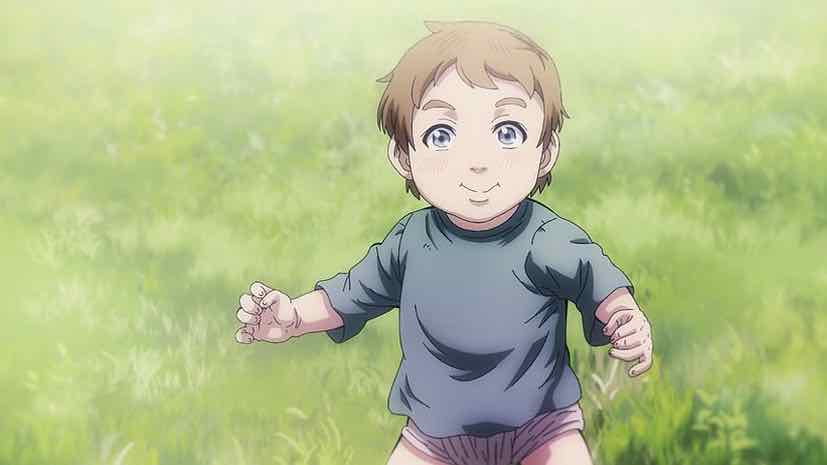
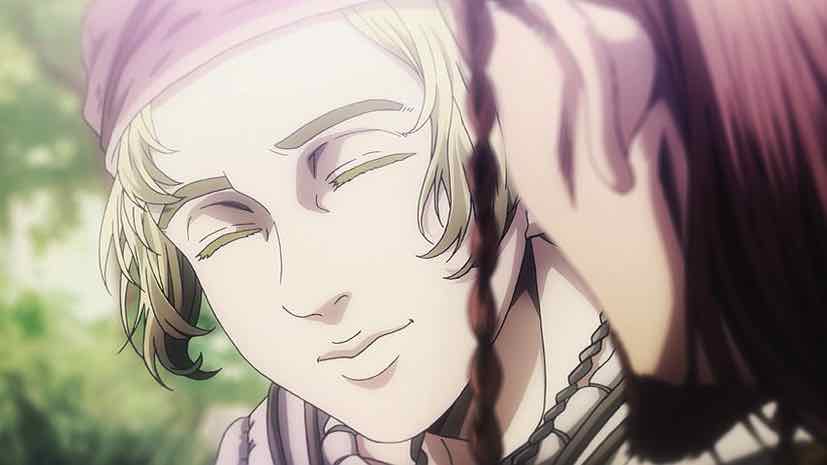
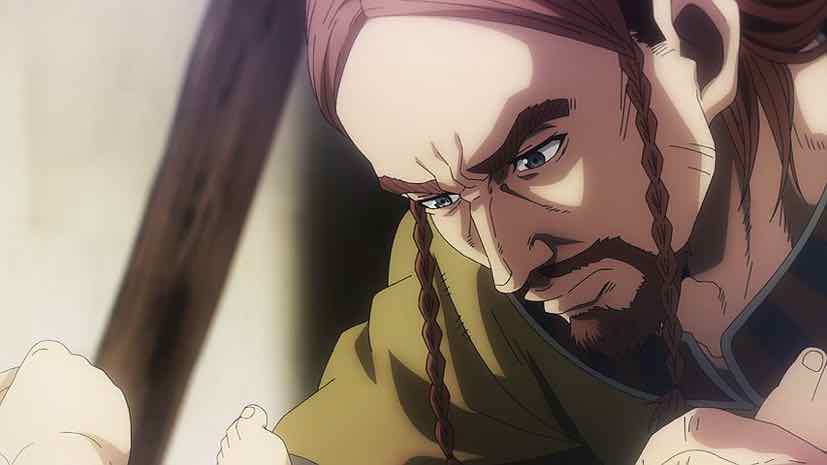
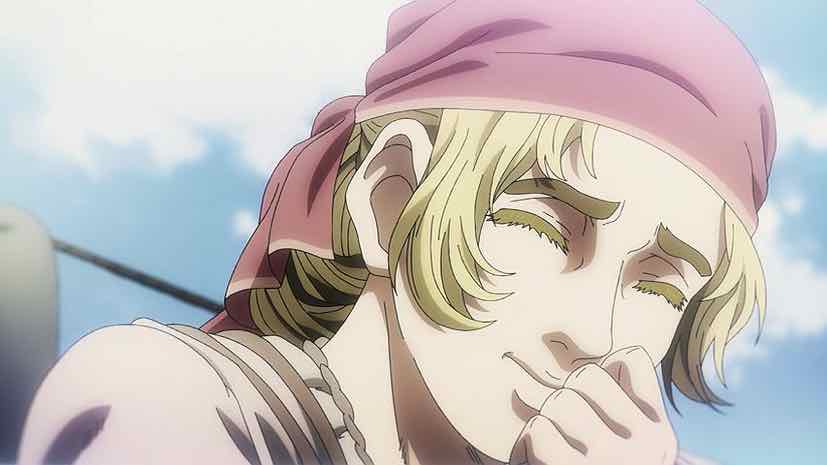
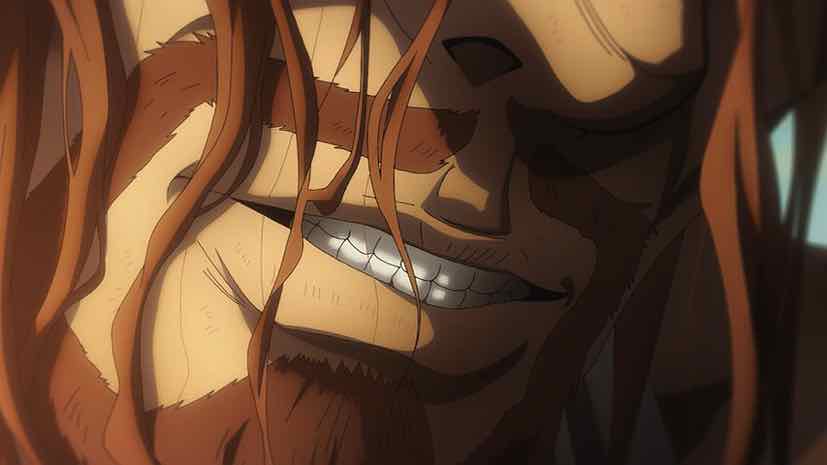

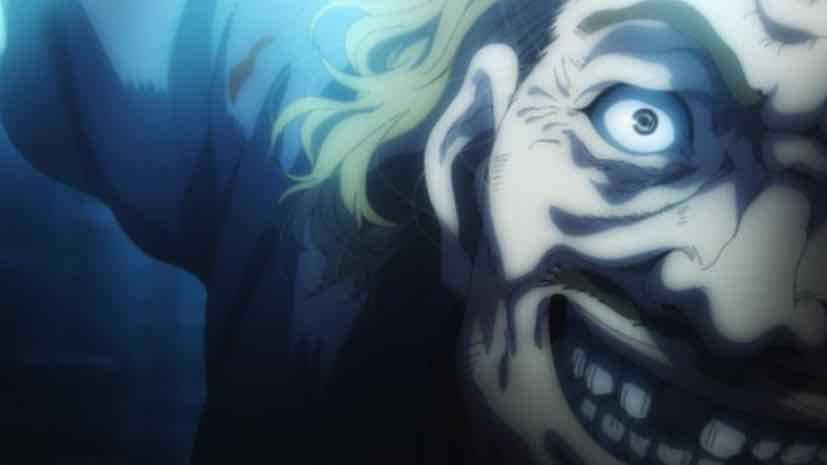
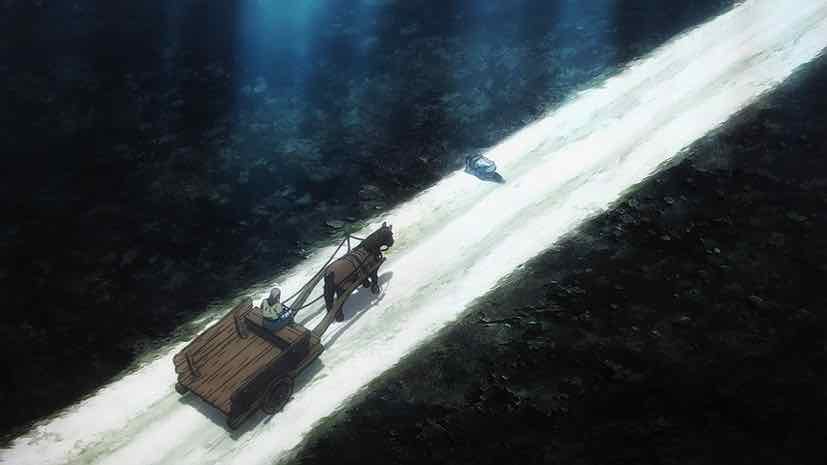
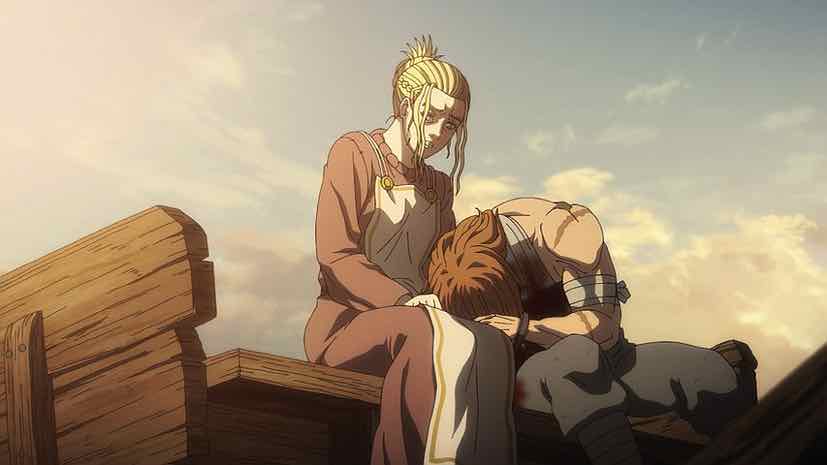
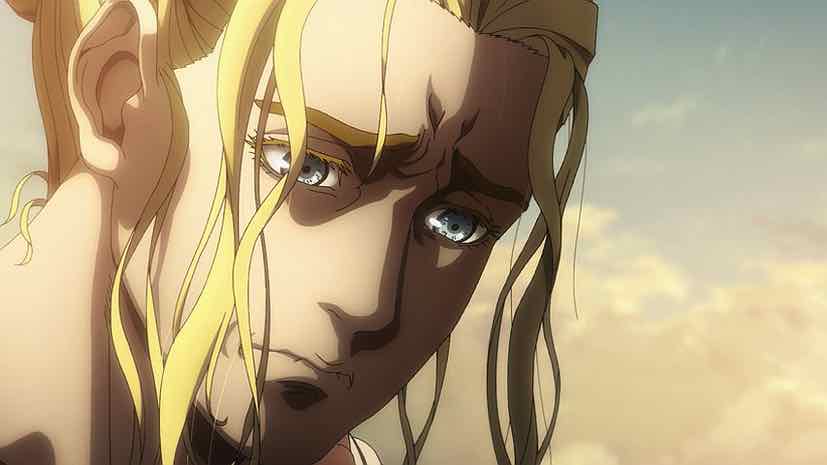
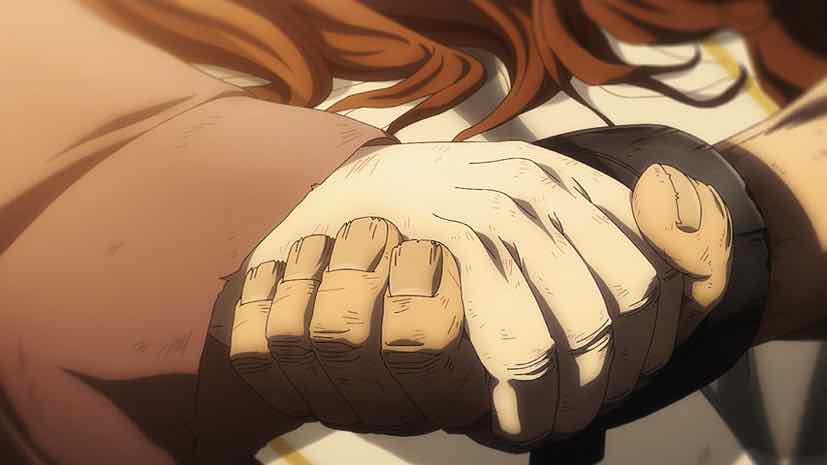

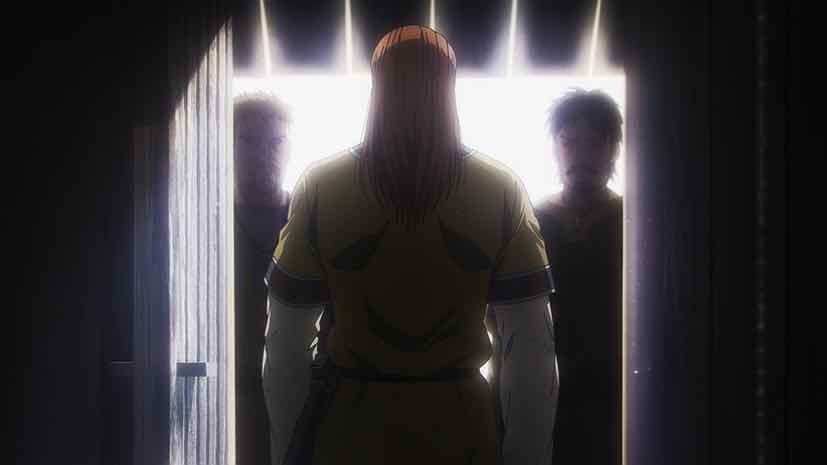



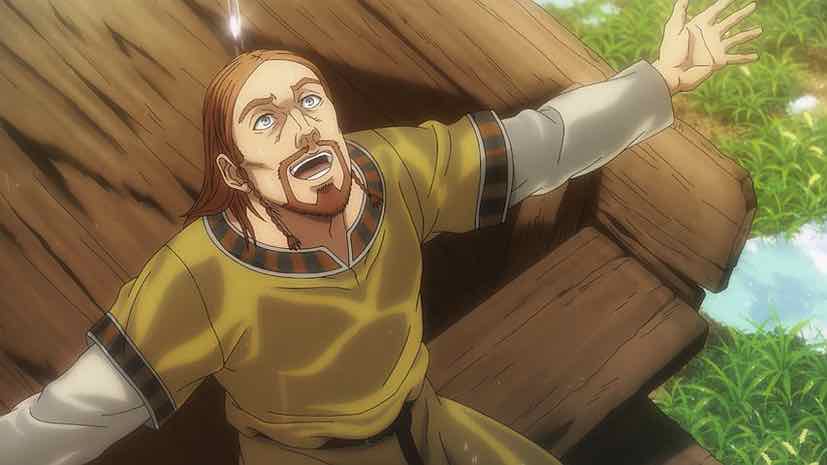
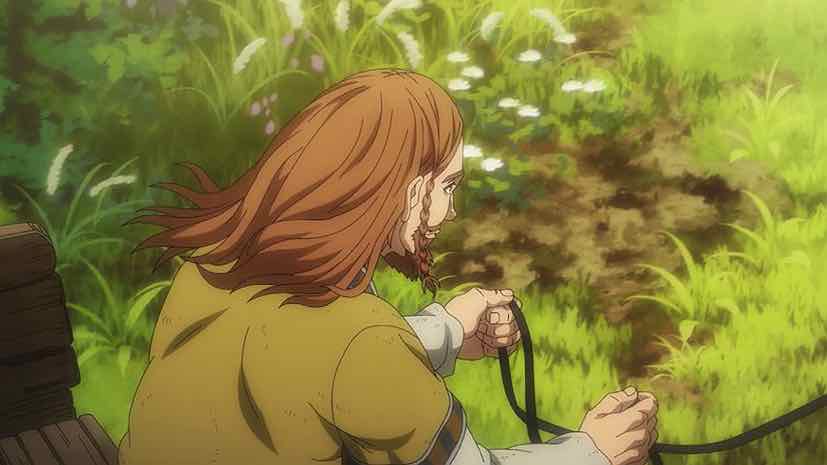
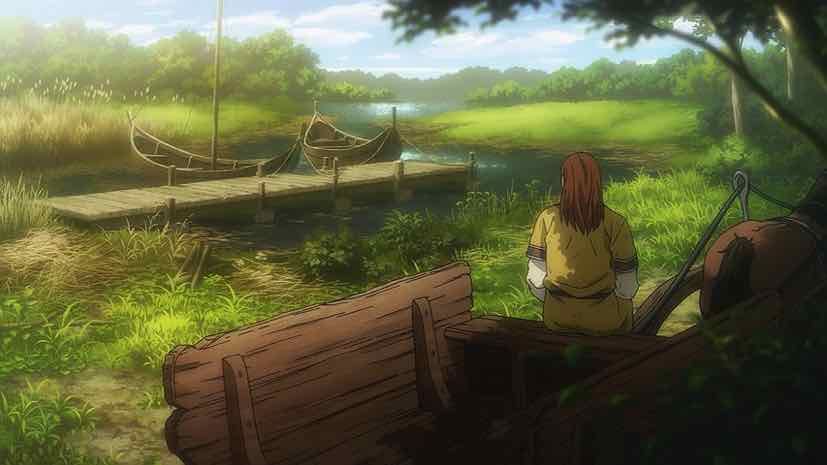
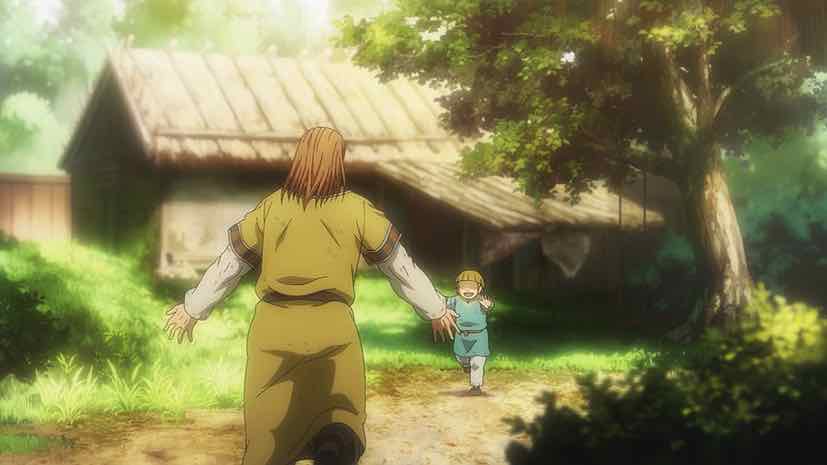
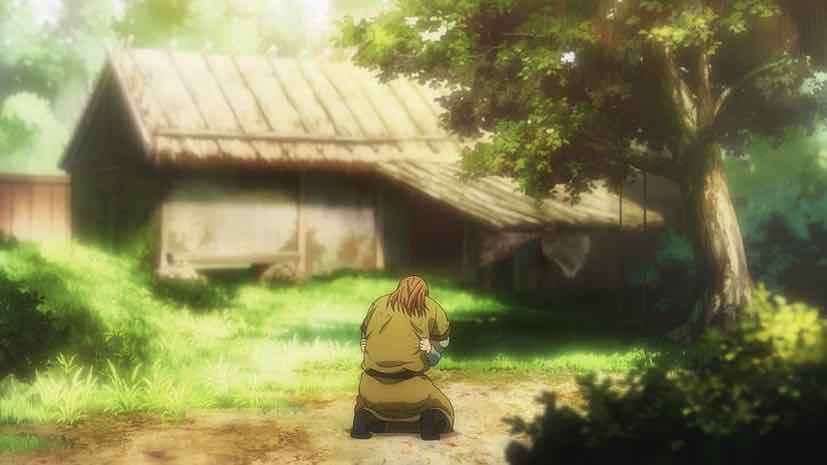

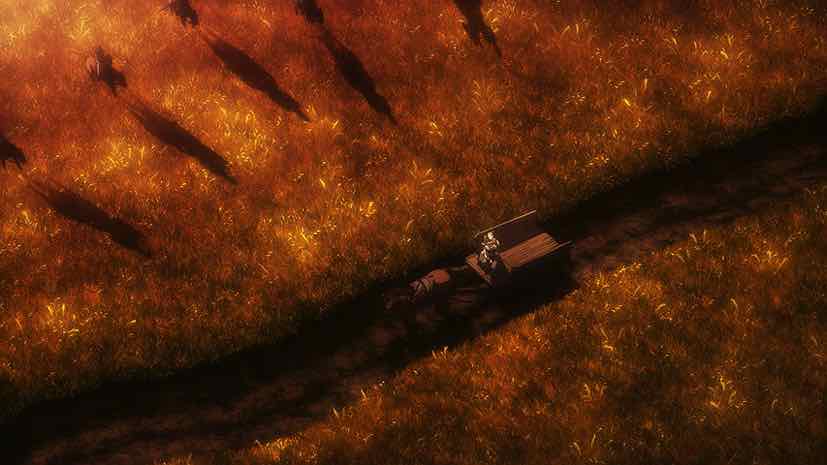
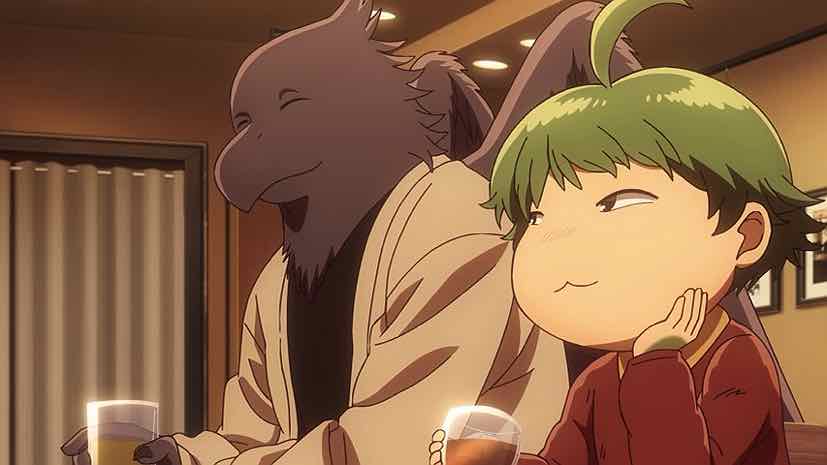
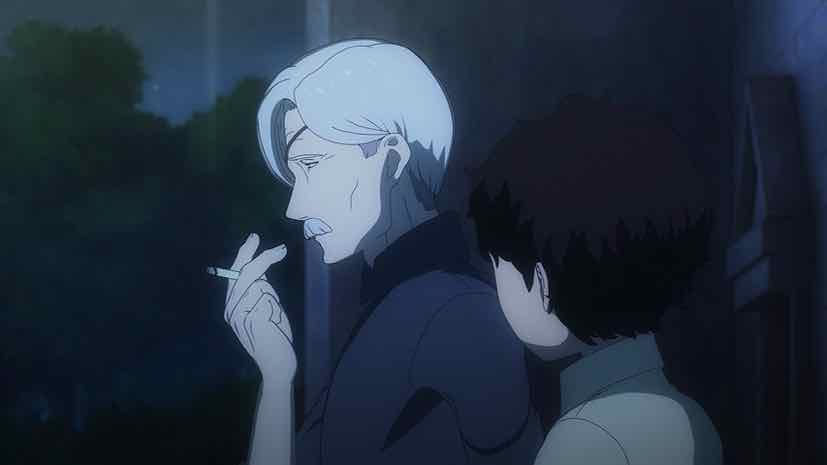
Phil
May 3, 2023 at 12:18 amThat was quite the send-off for Gardar, weaving a whole anime-original dream sequence into the small exchanges he and Arnheid shared on the cart in the manga (I didn’t remember anything like it at all and had to go back and check). The part where he was racing home through his village particularly hit me, but it was all really well done.
Guardian Enzo
May 3, 2023 at 8:18 amI’ve actually seen people complaining about “filler”, and “why did they waste half an episode on Gardar dying, I don’t care about him”.
Jen
May 4, 2023 at 12:05 pmIt hurts I tell you. How many people are missing the whole theme of the season, especially in this one.
Stewart
May 3, 2023 at 3:56 amGardar’s death scene was good in the manga but the anime enhanced it. We were going to get an anime original backstory on Snake written by Yukimura himself this season but the staff said that they had to cut it out. Hopefully we get it as ova in the future.
slazer
May 5, 2023 at 12:51 amI think it’s a bit quick to write-off Snake as a scoundrel and only that. I think the author, at least, definitely wanted to juxtapose Thorfinn’s nascent pacifism against a more retributive version of justice, and also wanted to explain the loyalty Snake felt to his men (as opposed to someone like Thorkell, who couldn’t be damned). For Snake, Gardar was a slave, sure, but he was more importantly a loose cannon who massacred his friends and needed to pay. Snake might not be a gem of a person, but I think it’s clear that he possesses a unique morality that shouldn’t be written off as “just another brute”.
Guardian Enzo
May 5, 2023 at 8:44 amAn intelligent and interesting brute. “Just another” is loaded language, and you used it, not me.
slazer
May 12, 2023 at 12:18 amTrue! The risks of paraphrasing!